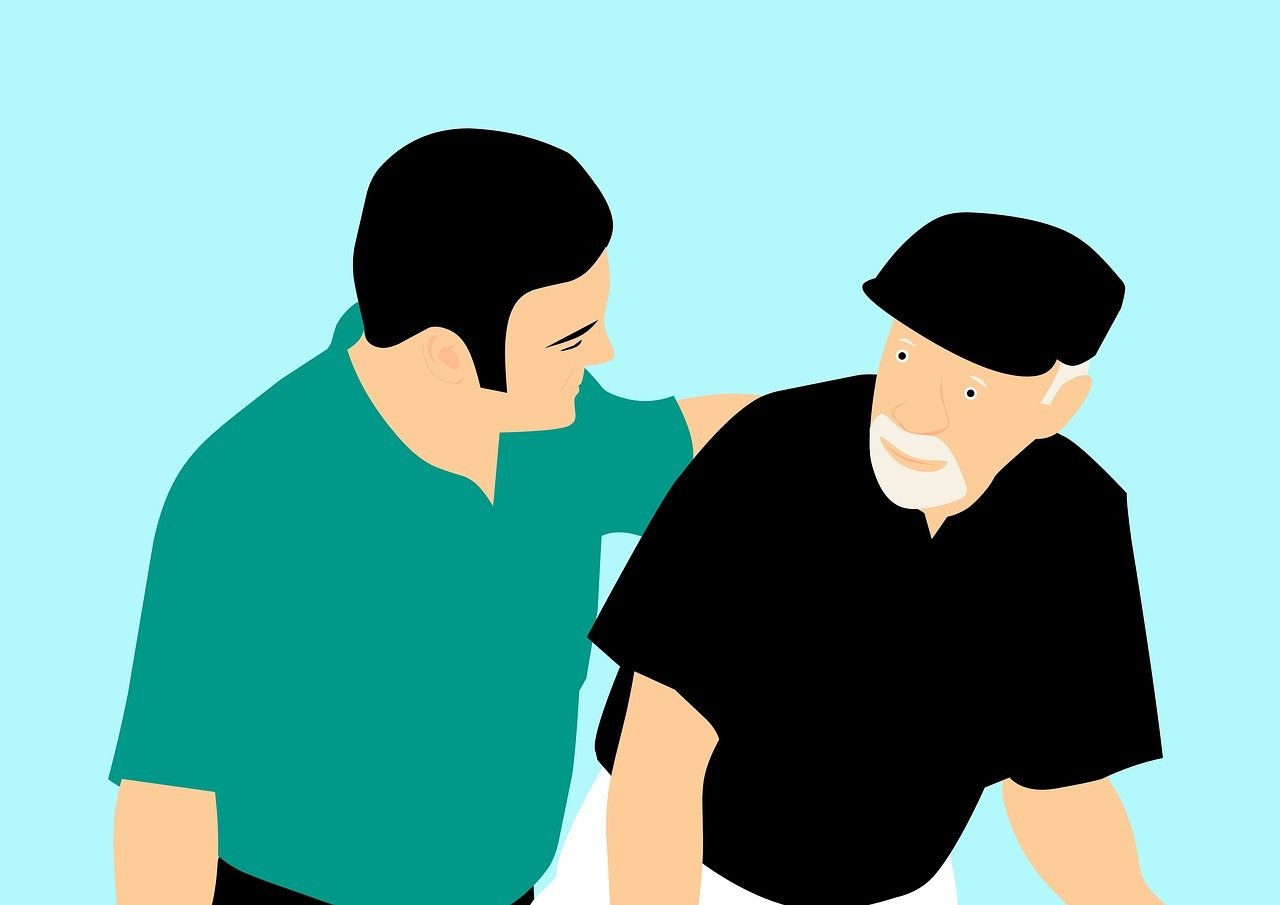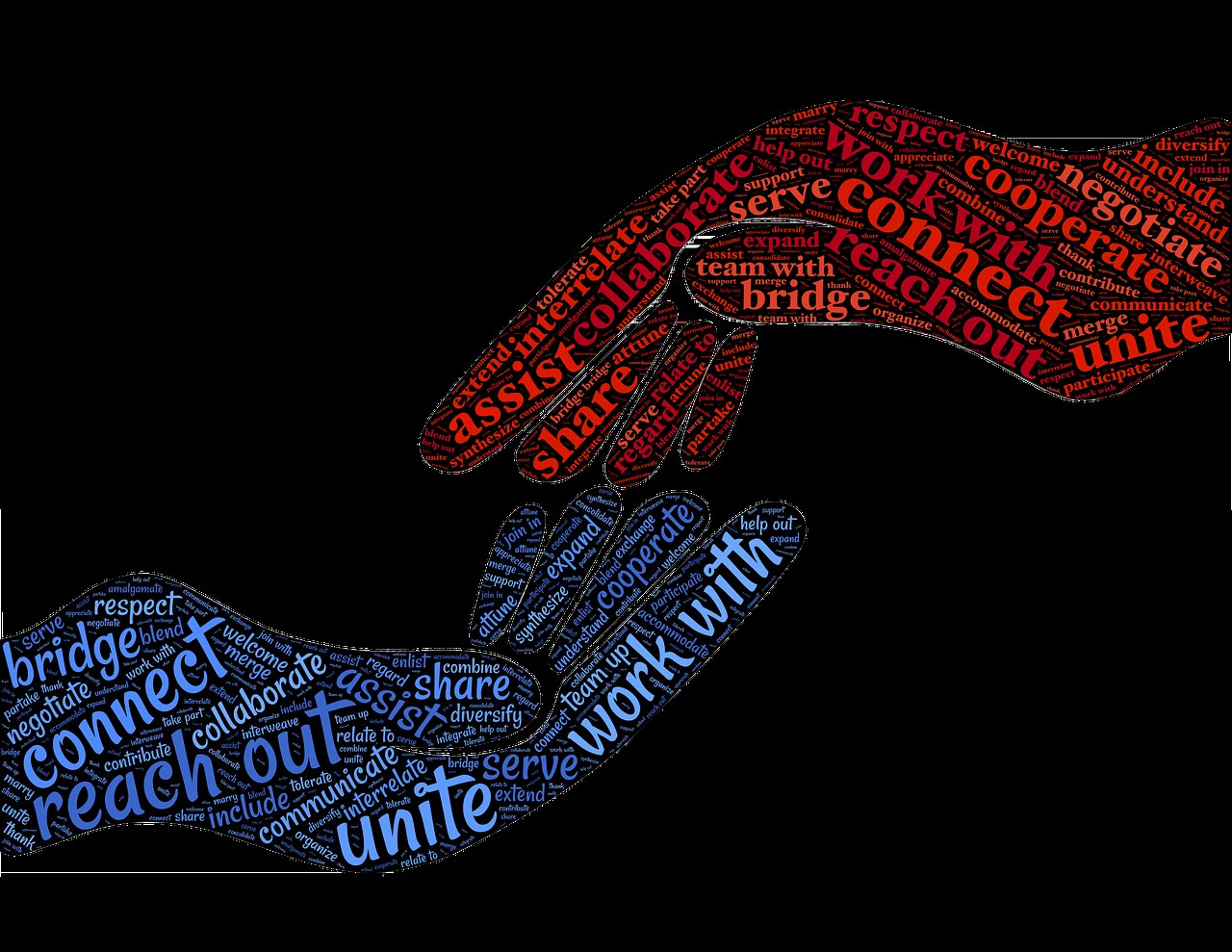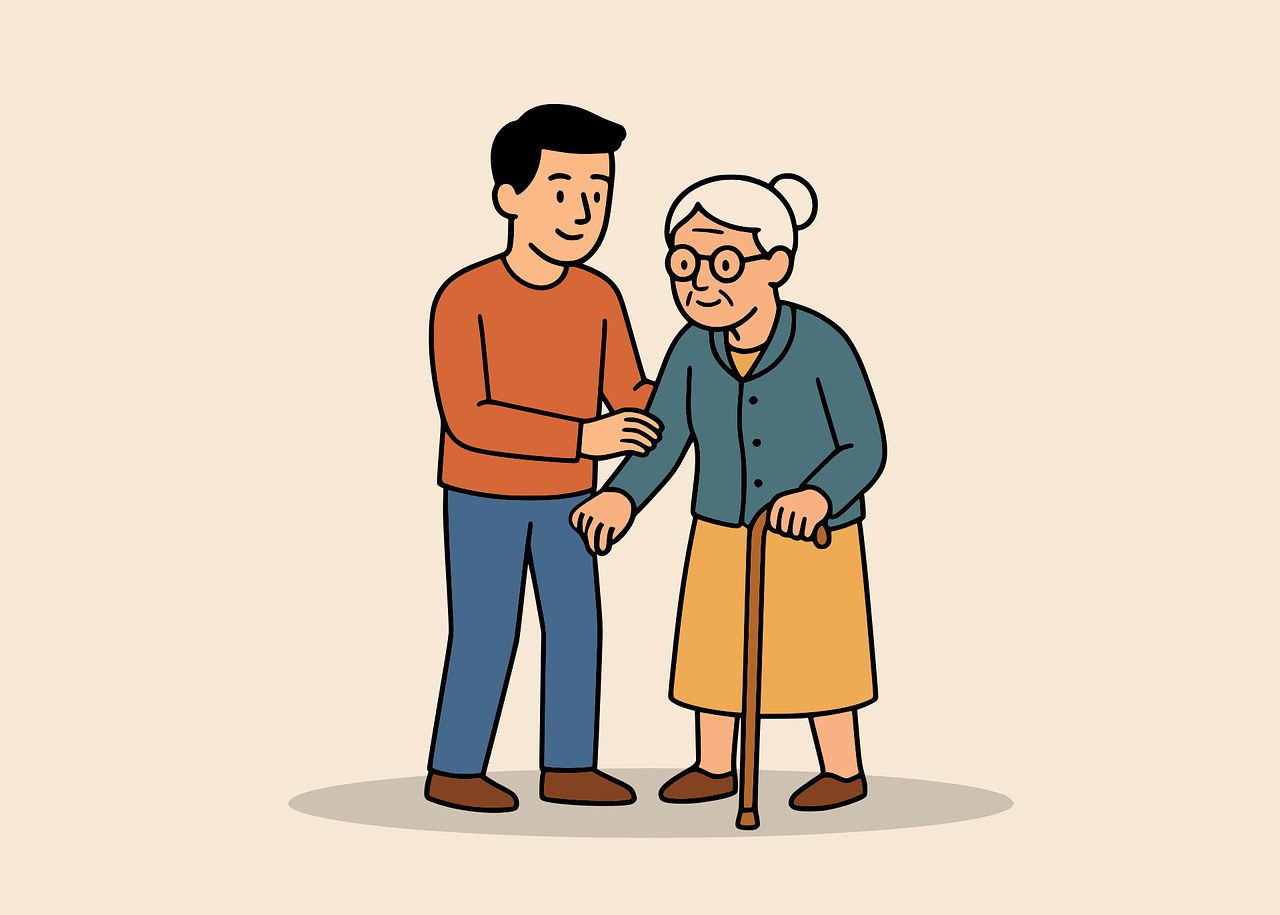Admitting that a relationship is harming you is rarely simple – yet that uneasy feeling in your chest keeps nudging you to look closer. When affection regularly leaves you anxious, apologetic, or small, you may be facing a toxic relationship. Learning what this dynamic looks like, why it emerges, and how to respond can help you reclaim your voice before more damage is done.
What a toxic relationship really means
A toxic relationship is any bond that steadily erodes your well-being. It might masquerade as romance or even deep friendship, but over time it knocks down your confidence, narrows your world, and confuses your sense of self. The partner who once seemed charming can become critical, controlling, or evasive – not overnight, but gradually, so the change feels like your fault. That slow slide is part of the problem: you adapt, minimize, and explain things away while the unhealthy pattern hardens.
Importantly, this is more than a rough patch. Happy couples disagree and learn; in a toxic relationship, problems repeat and intensify. Apologies come without repair, boundaries are mocked or bulldozed, and you spend more time bracing for the next blow than enjoying connection. No lavish gift or dramatic gesture fixes a dynamic that chips away at safety and respect.

Why it’s more than “just a bad phase”
Calling a destructive pattern “a bad phase” keeps you stuck. A toxic relationship often lowers self-esteem, breeds mistrust, and can even jeopardize your physical or emotional safety. You might stop sharing opinions, avoid friends, or become hyper-vigilant about your partner’s moods. Over time, the cost is cumulative – you feel tired, joyless, and unfamiliar to yourself. That’s the opposite of what love is supposed to do.
How these dynamics take root
There isn’t a single cause. People bring different histories and traits into relationships, and some combinations become combustible. Here are common pathways that can feed a toxic relationship:
Temperament and traits. Some personalities lean toward entitlement, manipulation, or a cold disregard for others. You may hear terms like narcissism or the Dark Triad used to describe patterns centered on power and exploitation. The label is less important than the lived result – a partner who treats you as a tool instead of an equal.

Upbringing and environment. Childhood overpraise, chaos, neglect, or trauma can distort how someone relates to closeness. If they learned that control prevents hurt or that love must be earned, they may repeat those lessons with you.
Mental health struggles. Conditions like mood swings, untreated trauma, or intense insecurity can fuel volatility. Not everyone grappling with these issues creates a toxic relationship, but when symptoms go unacknowledged – and empathy is missing – harm often follows.
Why people stay even when it hurts
From the outside, leaving seems obvious. Inside the relationship, the pull is stronger. You remember the tenderness at the beginning and crave its return. Manipulation muddies the waters – a partner might shower you with attention one week and cut you down the next. That cycle can feel like proof that the good times are just around the corner if you try harder.

Low self-esteem, financial dependence, or fear of being alone also keep people in place. The longer you remain in a toxic relationship, the more you adapt to its rules. You start editing yourself, second-guessing your needs, and measuring every word. That shrinking becomes its own trap.
How to recognize the pattern
Spotting the signs early gives you leverage. You don’t need all of these to qualify; one severe pattern can be enough. Notice which of the following appear repeatedly in your toxic relationship – consistency matters more than occasional slips.
Control dressed as care. They track your location, demand passwords, or police your friends, insisting it’s about love. Real care honors freedom; control confines it.
Jealousy beyond reassurance. A little insecurity happens; relentless accusations do not. If you’re constantly defending harmless conversations or harmless smiles, that’s not about fidelity – it’s about power.
Chronic criticism and put-downs. Jokes that sting, comments about your body or intelligence, and the ever-present “I told you so” wear you down. Over time you anticipate ridicule and stop trying.
Dishonesty as a default. Lies about small things often pave the way for bigger betrayals. When the truth moves target, trust cannot grow.
Stonewalling and avoidance. You can’t resolve conflict if one person disappears – physically or emotionally. If serious topics trigger silent treatment or vanishing acts, problems calcify.
Emotional whiplash. Sweetness flips to contempt without warning. You learn to walk on eggshells and read every micro-expression like a weather report.
Scorekeeping. Old mistakes are dragged into every new argument. Keeping a ledger of wrongs turns love into a courtroom where nobody wins.
Privacy violations. Rifling through your phone, reading diaries, or interrogating your schedule signals a lack of respect – a core marker of a toxic relationship.
Isolation. You cancel plans, dodge calls, or feel pressured to cut ties. Distance from friends and family deprives you of perspective and support.
Perfectionism and impossible standards. Nothing you do is quite right; you’re corrected on tone, timing, or technique. The goalposts move so you never feel steady.
Competition instead of companionship. Your wins are minimized or turned into threats. Rather than cheer you on, they need you to be smaller so they can feel larger.
Manipulation you can’t quite name. You’re nudged, guilted, or cornered into choices. If you look back wondering “Why did I agree to that?” manipulation likely played a part.
Gaslighting. The pattern where your memory is questioned – “That never happened,” “You’re too sensitive,” “You must be confused.” Doubt yourself long enough and you stop trusting your own eyes.
Explosive anger or constant drama. Every day has a crisis, and you are either the cause or the cleanup crew. Calm becomes rare; chaos becomes normal.
Withheld effort and intimacy. Dates vanish, affection feels transactional, and you’re the one keeping the bond afloat. When care is rationed, resentment grows.
Insecurity that swallows the room. Endless reassurance is demanded yet never absorbed. Your “proof” of love becomes a chore list.
Abuse in any form. Threats, shoves, coercion, or degrading language cross a bright line. Safety comes first – a toxic relationship that turns abusive requires distance and protection.
Common “types” you might encounter
Labels don’t fix anything, but they can help you organize what you’re seeing. You may recognize the Controller who must approve everything, the Jealous Vigilante who polices your time, the Complainer who drains every room dry, the Perfectionist who finds fault in every move, the Taker who contributes little but demands much, the Over-dependent Partner who hands you every decision, the Competitive Lover who needs to win, or the Manipulator who turns words into traps. Any one of these can anchor a toxic relationship – many overlap.
How this dynamic harms your mind and body
Even when no bruises are visible, the effects run deep. Anxiety climbs because you constantly scan for danger. Sleep suffers. Self-worth erodes under criticism. Trust shrivels after lies or infidelity. Depression can shadow everything, dimming your interest in work and hobbies. Your health may wobble – exhaustion, headaches, stomach trouble. Friendships fade, and future love can feel risky. A toxic relationship teaches you to expect pain where tenderness should be, and those lessons linger unless unlearned.
Can a harmful pattern be repaired?
Sometimes people ask whether a toxic relationship can heal. The honest answer is: only if both partners accept reality and change behavior – not promises, behavior. If there is violence or intimidation, the priority is protection, not repair. When safety is not at risk, couples can attempt careful rebuilding, but it requires responsibility, empathy, and consistent effort.
Own your part without absorbing theirs. Healthy accountability sounds like “Here’s what I do that hurts us – and it will change.” It does not sound like blaming you for their choices.
Shift from blame to curiosity. Instead of tallying offenses, try to understand the need beneath the behavior. Curiosity doesn’t excuse harm – it clarifies it.
Stop rehearsing the past to weaponize it. Learning from history is useful; reliving it to win a fight is corrosive.
Allow room for change. People can practice new skills – listening, pausing, setting boundaries. Change is slow but visible when real.
Welcome outside support. Trusted friends, mentors, or therapists offer perspective and tools. In a toxic relationship, outside voices counter the echo chamber of the everyday conflict.
When you decide to leave
Choosing to step away from a toxic relationship is an act of self-respect, not failure. Ending contact may be straightforward or complicated by shared housing, finances, or children. Plan what you can. Tell someone you trust. If you fear retaliation, prioritize safety and discreetly prepare. The goal is not to prove a point – it’s to protect your future.
After the breakup: how to recover and grow
Healing is a process of clearing the fog and rebuilding the self that got buried. The aim isn’t to forget, but to understand – so you don’t repeat the same dance with a different partner.
Reflect on the story. Map the arc: how it started, when the tone shifted, what incidents changed you. Naming patterns breaks their spell.
Reflect on yourself. What did you tolerate and why? Were you pleasing, fixing, or rescuing to feel worthy? Honest questions yield protective answers.
Redraw your boundaries. Decide what you will welcome and what you will refuse. Write non-negotiables for your next bond, so a toxic relationship cannot sneak in wearing charm.
Pause before pairing up again. Take time to stabilize, reconnect with friends, and rediscover interests that make you feel alive. Solitude is not a punishment – it’s a reset.
Rebuild your circle. Seek people who celebrate your wins, respect your no, and laugh with you easily. Healthy community inoculates you against old patterns.
Ask for professional help if needed. A skilled therapist can help you unwind learned fears, challenge distorted beliefs, and practice new relational habits.
Do it differently next time. Early attention to red flags, slower pacing, and clear communication keep you aligned with your values. If doubts appear, listen to them.
Listening to your inner signals
Your body often speaks before your mind catches up. If you notice dread before seeing your partner, tension that never fully drops, or a habit of hiding parts of yourself, something is off. A loving relationship makes space for the whole of you – your opinions, friendships, ambitions, and quirks. A toxic relationship demands shrinkage. That contrast is your compass.
Reframing love and responsibility
Love is not obligation, and responsibility is not self-erasure. It’s compassionate to understand your partner’s struggles; it’s harmful to excuse ongoing mistreatment. Repair requires both people to show up. If you’re the only one adjusting, apologizing, and carrying the weight, that’s not a partnership – that’s depletion. Naming a toxic relationship for what it is gives you permission to choose differently.
If you’re unsure, try this self-check
Do I feel more relaxed or more guarded around them?
Can I say no without retaliation, pouting, or punishment?
Are disagreements conversations or shouting matches?
Do my friends say I seem less like myself?
Do I hide details to avoid judgment or lectures?
When I imagine the future, do I feel hopeful or trapped?
If several answers worry you, take that seriously. You deserve ease, laughter, and respect. You deserve a life where your boundaries are honored and your growth is celebrated. Whether that happens through joint repair or a brave exit, the path forward begins with telling the truth about the relationship you are in. If it’s a toxic relationship, naming it is not drama – it’s clarity.
You are not too demanding for wanting kindness. You are not disloyal for protecting your peace. And you are not alone – many have walked out of a toxic relationship and into something steadier. Start where you are, ask for help when you need it, and let every small boundary be a step back toward yourself.